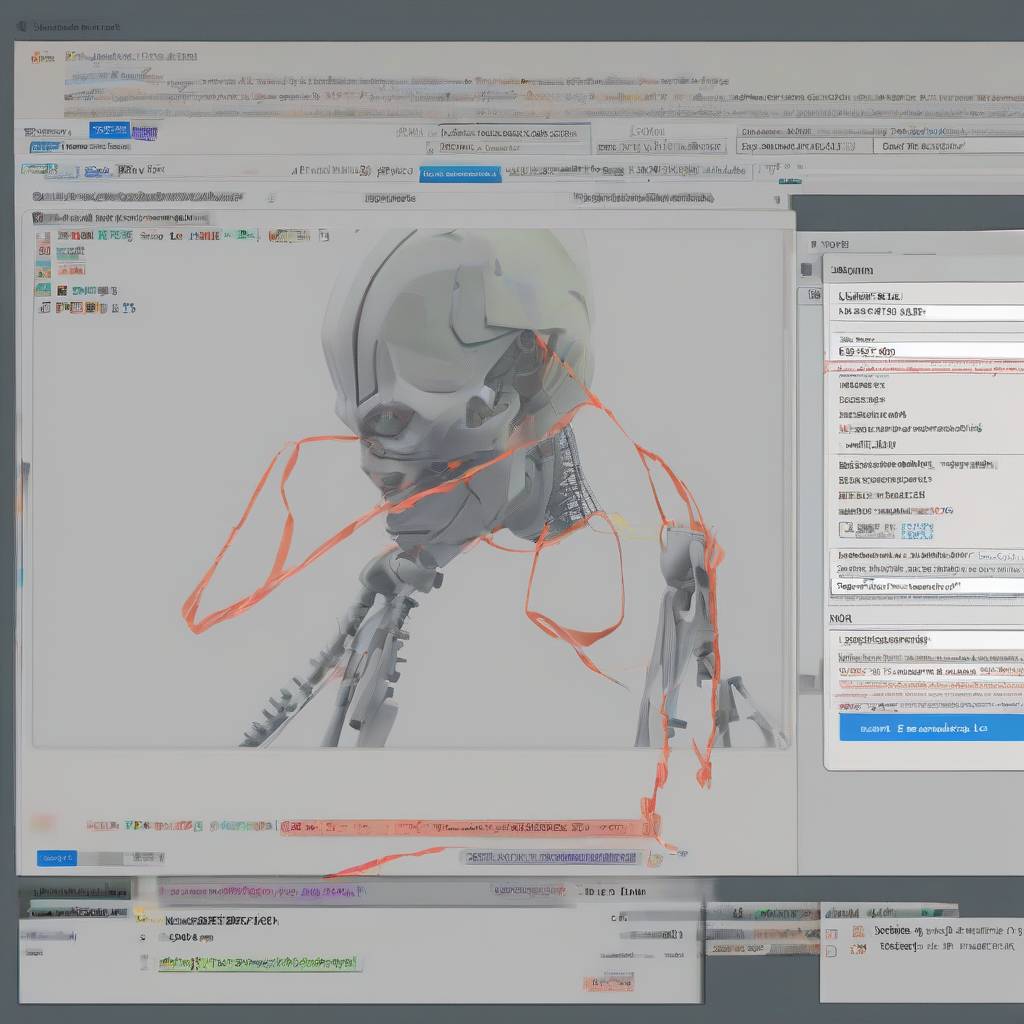Navigating the Complexities of Denver Car Accidents: Your Path to Justice
Being involved in a car accident in Denver can be a traumatic and overwhelming experience. The aftermath often involves medical bills, property damage, lost wages, and emotional distress. Understanding your rights and navigating the legal complexities is crucial to securing fair compensation. This comprehensive guide explores the intricacies of Denver car accident law and the vital role of a Denver car accident attorney.
Understanding Denver’s Car Accident Laws
Colorado, where Denver is located, operates under a comparative negligence system. This means that your own level of fault in the accident can affect the amount of compensation you receive. Even if you are partially at fault, you can still recover damages, but your award will be reduced proportionally to your percentage of fault. For example, if you’re found 20% at fault, your compensation will be reduced by 20%.
Establishing fault in a car accident often involves gathering evidence such as:
- Police reports
- Witness testimonies
- Photos and videos of the accident scene and vehicle damage
- Medical records documenting injuries and treatment
- Repair bills and other financial documentation
The specific laws governing car accidents in Colorado, including statutes of limitations (deadlines for filing lawsuits), are complex and vary depending on the circumstances. It is essential to consult with an experienced Denver car accident attorney to understand your rights and options.
The Crucial Role of a Denver Car Accident Attorney
A skilled Denver car accident attorney provides invaluable assistance throughout the entire process. Their expertise can significantly impact the outcome of your case. Here’s how:
- Investigating the Accident: A lawyer will thoroughly investigate the accident, gathering evidence to support your claim. This might involve interviewing witnesses, obtaining police reports, and hiring accident reconstruction experts.
- Negotiating with Insurance Companies: Insurance adjusters often aim to minimize payouts. An attorney can negotiate on your behalf, advocating for fair compensation that covers all your losses.
- Filing a Lawsuit: If a settlement cannot be reached, your attorney will file a lawsuit to pursue your claim in court.
- Representing You in Court: If the case goes to trial, your attorney will represent you, presenting your case effectively before a judge or jury.
- Understanding Medical Bills and Treatment: Attorneys are familiar with medical terminology and can help you navigate the complexities of medical bills and future treatment costs.
- Calculating Damages: Accurately assessing damages is crucial. An attorney can calculate economic damages (medical bills, lost wages, property damage) and non-economic damages (pain and suffering, emotional distress).
Types of Compensation in Denver Car Accident Cases
Compensation in car accident cases can include:
- Medical expenses: Past, present, and future medical bills related to the accident.
- Lost wages: Compensation for income lost due to the accident, including past and future lost earnings.
- Property damage: Reimbursement for damage to your vehicle and other property.
- Pain and suffering: Compensation for physical and emotional distress caused by the accident.
- Loss of consortium: Compensation for the loss of companionship and support if the accident affected your relationship with a spouse or partner.
- Punitive damages: In cases involving gross negligence or intentional wrongdoing, punitive damages can be awarded to punish the at-fault party and deter similar conduct.
Choosing the Right Denver Car Accident Attorney
Selecting the right attorney is critical. Consider the following factors:
- Experience: Look for an attorney with extensive experience handling car accident cases in Denver.
- Reputation: Research the attorney’s reputation and read online reviews.
- Communication: Choose an attorney who communicates clearly and promptly.
- Fees: Understand the attorney’s fee structure, which is often contingent on the outcome of the case (meaning you only pay if they win).
- Specialization: Some lawyers specialize in specific areas of personal injury law, such as car accidents. Finding a specialist can be beneficial.
Common Mistakes to Avoid After a Denver Car Accident
Taking the wrong steps after an accident can negatively impact your claim. Avoid these common mistakes:
- Admitting fault: Never admit fault at the scene of the accident or to the insurance adjuster.
- Failing to document the accident: Take photos and videos of the accident scene, vehicle damage, and injuries.
- Not seeking medical attention: Even if you feel fine, seek medical attention to document your injuries.
- Ignoring contact from the insurance company: Do not speak to the insurance adjuster without legal representation.
- Posting about the accident on social media: Your posts could be used against you in your claim.
- Delaying legal action: Contact a lawyer as soon as possible to protect your rights.
The Importance of Acting Quickly
Time is of the essence in car accident cases. Colorado has statutes of limitations that limit the time you have to file a lawsuit. Contacting a Denver car accident attorney promptly allows them to begin investigating the accident, preserving evidence, and protecting your rights before crucial evidence is lost or destroyed. They can also ensure you meet all necessary deadlines.
Understanding the Insurance Claim Process
The insurance claim process can be complicated. Your attorney will guide you through the process, helping you understand your policy, file your claim correctly, and negotiate with the insurance company. They can also assist with appeals if your claim is denied.
Beyond the Financial: The Emotional Toll of Car Accidents
Car accidents are not just about financial losses; they also take a significant emotional toll. Dealing with physical pain, emotional trauma, and the disruption to your life can be overwhelming. A Denver car accident attorney understands this and will provide not only legal representation but also compassionate support during a difficult time.
Conclusion (Omitted as per instructions)




